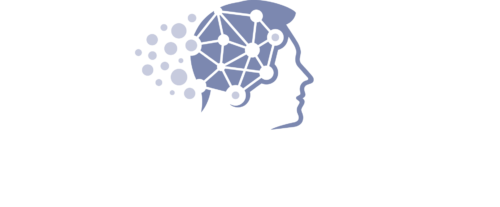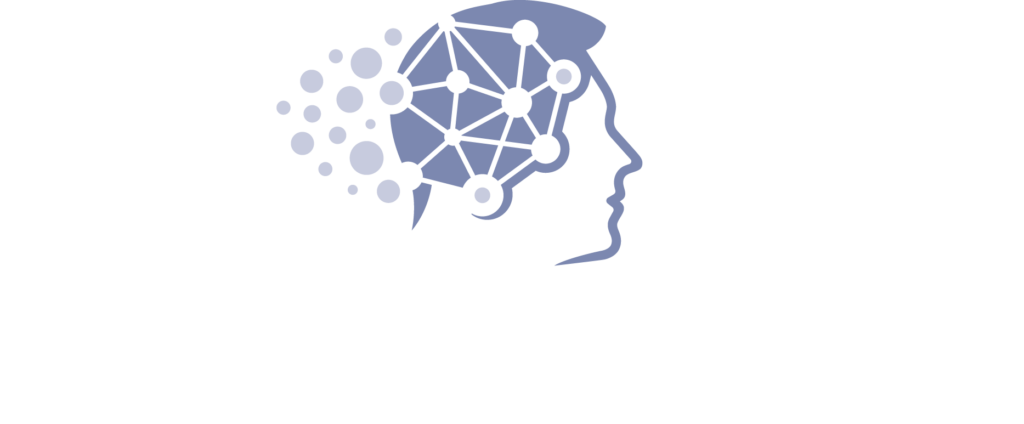Read Full Article
Male hormone deficiency was known to be associated with anxiety, and now we know how. If your rat suffers from paralyzing anxiety, a shot of testosterone may do him wonders but in the future, the discovery suggests a new approach Ruth Schuster Low testosterone is...
Read Full ArticleRead Full Article
Anxiety is a typical stress response, but it can become overwhelming for those grappling with anxiety disorders, significantly impacting their daily lives. Research indicates a close association between low testosterone levels and anxiety, even though the precise nature of this relationship remains...
Read Full ArticleThe phosphatase PTEN antagonizes the phosphatidylinositol 3-kinase (PI3K)–AKT pathway by converting the phospholipid PIP3 to PIP2. PIP3-mediated PI3K-AKT signaling in neurons increases synaptic strength of active synapses, a phenomenon called long-term potentiation (LTP). Mutations in PTEN are...
Read Full ArticleDepression of AMPA receptor–mediated synaptic currents and impairment of long-term potentiation, triggered by amyloid-β, are the hallmarks of Alzheimer's pathophysiology. These dysfunctions are now linked to upregulated PDZ domain–dependent PTEN translocation to spines, contributing to...
Read Full ArticleToo much Aβ weakens neural synapses by favoring long-term depression, but how? A report published January 18 in Nature Neuroscience suggests that the peptide does so by hijacking the neuron’s own mechanisms of synaptic plasticity. Scientists led by José Esteban from the Spanish Research Council...
Read Full ArticleDRUGS that improve connections between nerve cells in the brain may be able to improve people's memory and help understand disorders such as Alzheimer's disease, scientists have revealed.
Read Full ArticleA recent study in PLoS Biology should give hope to the forgetful. A collaborative research group in Europe, spanning Spain, Switzerland and Denmark, developed a small protein called FGL that enhances memory formation and learning in rats, and now they have some explanation as to why. The study's...
Read Full Article
